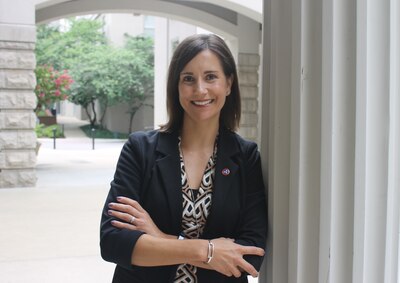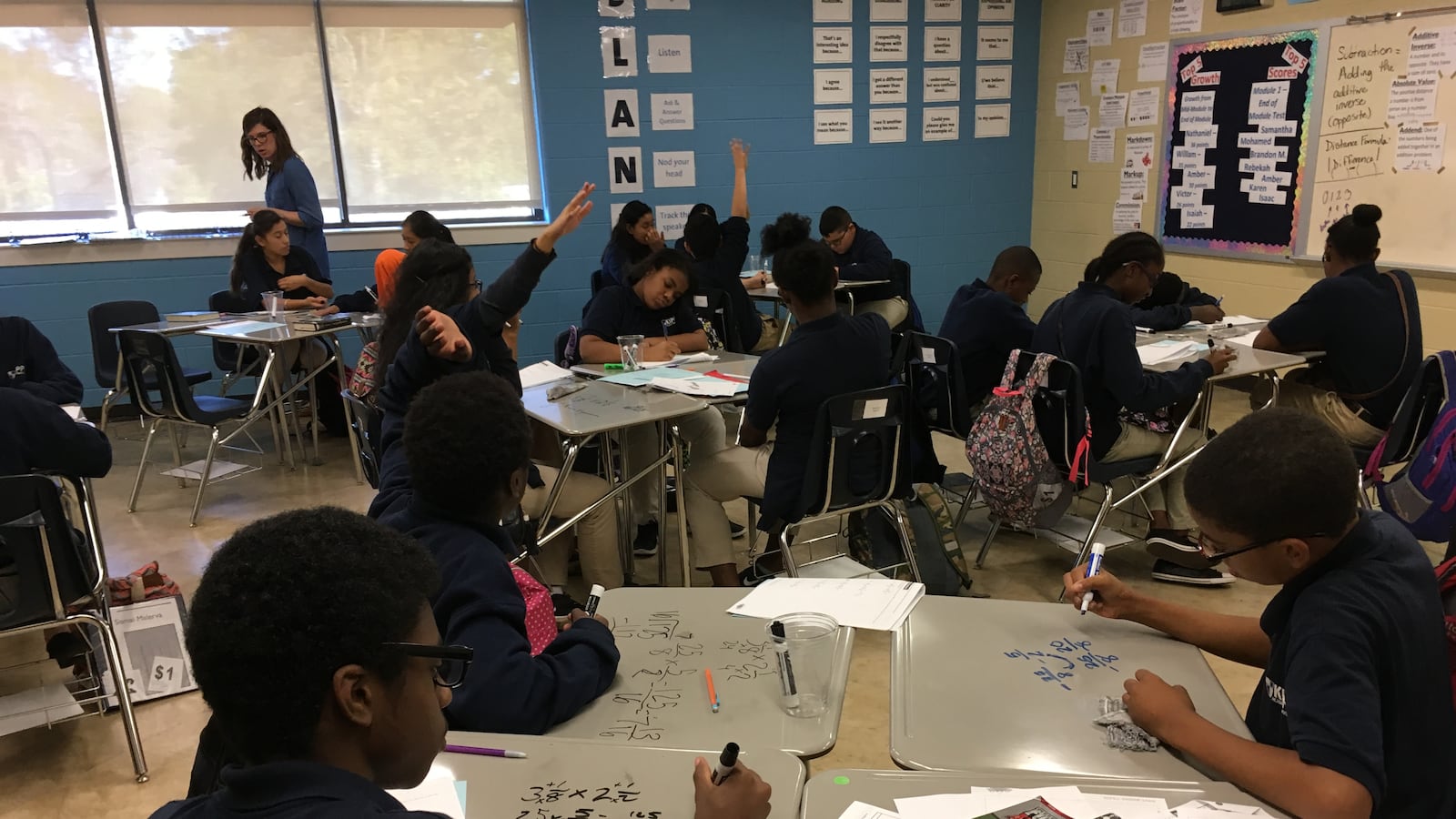Last fall, the Tennessee State Board of Education overruled school leaders in Memphis to approve a new charter school there, one year after making a similar ruling in a charter school appeal in Nashville.
Now it’s about to become one of only two state boards in the nation to double as a local school district.
The state board’s first school is set to open in Memphis this fall under the management of Green Dot Public Schools. Its next school, KIPP Nashville Primary, will open in 2018, followed by a KIPP middle school in Nashville in 2019.
Hawaii is the only state that currently has a state board of education that also serves as a school district.
“It’s fairly unique situation,” said Kris Amundsen, CEO of the National Association for State Boards of Education. “(School districts) focus on details like how will kids get lunch. That’s not typically the sort of thing state boards do.”
And few, if any, states have two state-run school districts. Local districts in Memphis and Nashville already share turf — and hotly contested funding — with Tennessee’s Achievement School District. The ASD now operates 33 schools, most of which were taken over from Shelby County Schools in Memphis.
The state board has been inching toward school-district status.
In 2014, Tennessee lawmakers voted to let the State Board of Education authorize charter schools in counties with the highest number of low-performing schools. If a local board denies an application, the charter organization can appeal to the state board. If the state board overturns the local board, the local board can opt to authorize the school after all — or leave it to the state to authorize.
With both Green Dot and KIPP, school boards in Memphis and Nashville opted for the latter.
But there’s a twist to Tennessee’s state board authorizing the schools. Under state law, the entity that authorizes a school automatically becomes its school district, in charge of funding allocations and many of the school’s day-to-day operations. That’s different from the rest of the nation, where about half of state boards can authorize charter schools.
Now, Tennessee’s state board is starting from scratch to develop local district policy, a topic to be discussed Thursday during a work session in Nashville.

“It’s different than the ASD obviously, and it’s different than the (State) Department of Education,” said Sara Heyburn Morrison, who is now superintendent as well as executive director of the state board. “We’re really trying to do our homework and reach out (to local districts) early and often and look nationally as well, so we can be prepared to set up students and schools for success.”
She’s aware of the challenges facing established districts in Nashville and in Memphis, where underenrollment, and the accompanying lack of funding, have sunk several schools. Two charter operators have announced intentions to pull out of three ASD schools this spring in Memphis, leading to at least one school closure. Green Dot’s charter school agreement, which is scheduled for a state board vote on Friday, projects an eventual enrollment of 616 students.
“(Enrollment) is something that we will keep a very close eye on from a financial stability standpoint,” Morrison said. “If you’re significantly under-enrolled, are your providing the academic program you were approved for?”
Morrison said the state board hopes to work closely with local school leaders in Nashville and Memphis, and is working on a memorandum of understanding that lays out expectations.
“We really see it as a partnership,” she said. “We’re trying to be proactive and create a seamless experience for students coming in and out of (Shelby County Schools) for a school that we may be operating.”
But there are some differences in how local and state-run districts operate. Like the ASD, the state board is allowed to charge charter operators an annual fee. For the state board, the fee is up to 4 percent of a school’s funding for the first two years, and up to 3 percent in the years following. Any money the board does not use will be returned to the school.
Another difference: The state board doesn’t know how much it will expand in the coming years, since its growth depends on local school boards rejecting charter school applications, and charter schools winning their appeals.
Not everyone is happy about the state board’s new role, especially since it will only oversee schools that local districts turned down.
“Now we have two state-run school districts,” said Rep. Antonio Parkinson, a Memphis Democrat, at a recent school board meeting in Memphis. “The problem is — where is the oversight?”
Absent local school board meetings, staff for the state board are working to draft a policy addressing parents’ grievances and concerns, said Tess Stovall, director of charter school policy and accountability.
“We want it to be very clear on how to address concerns throughout the community,” she said.


